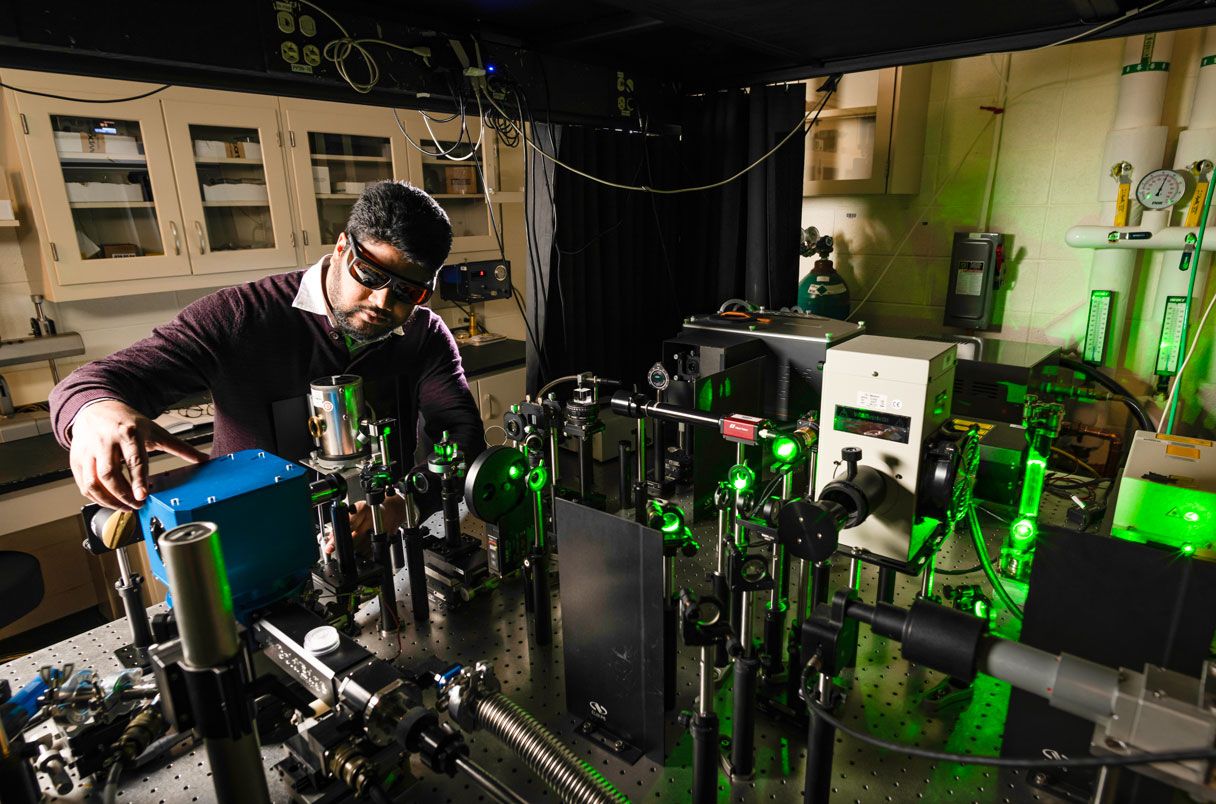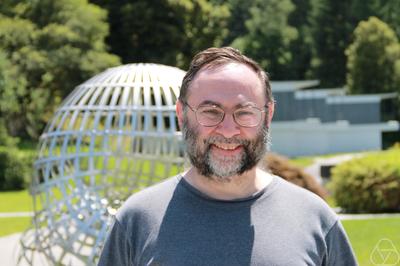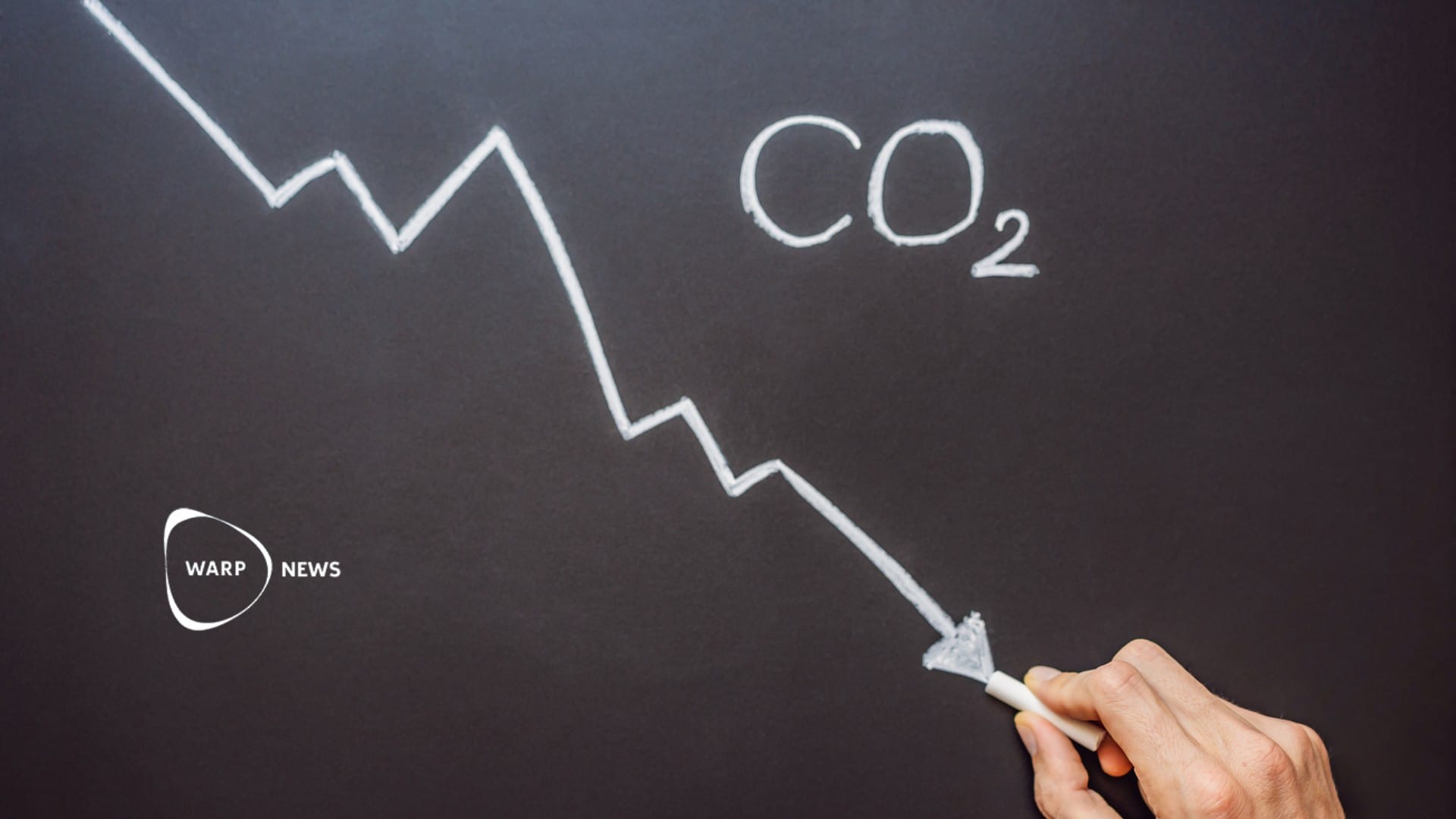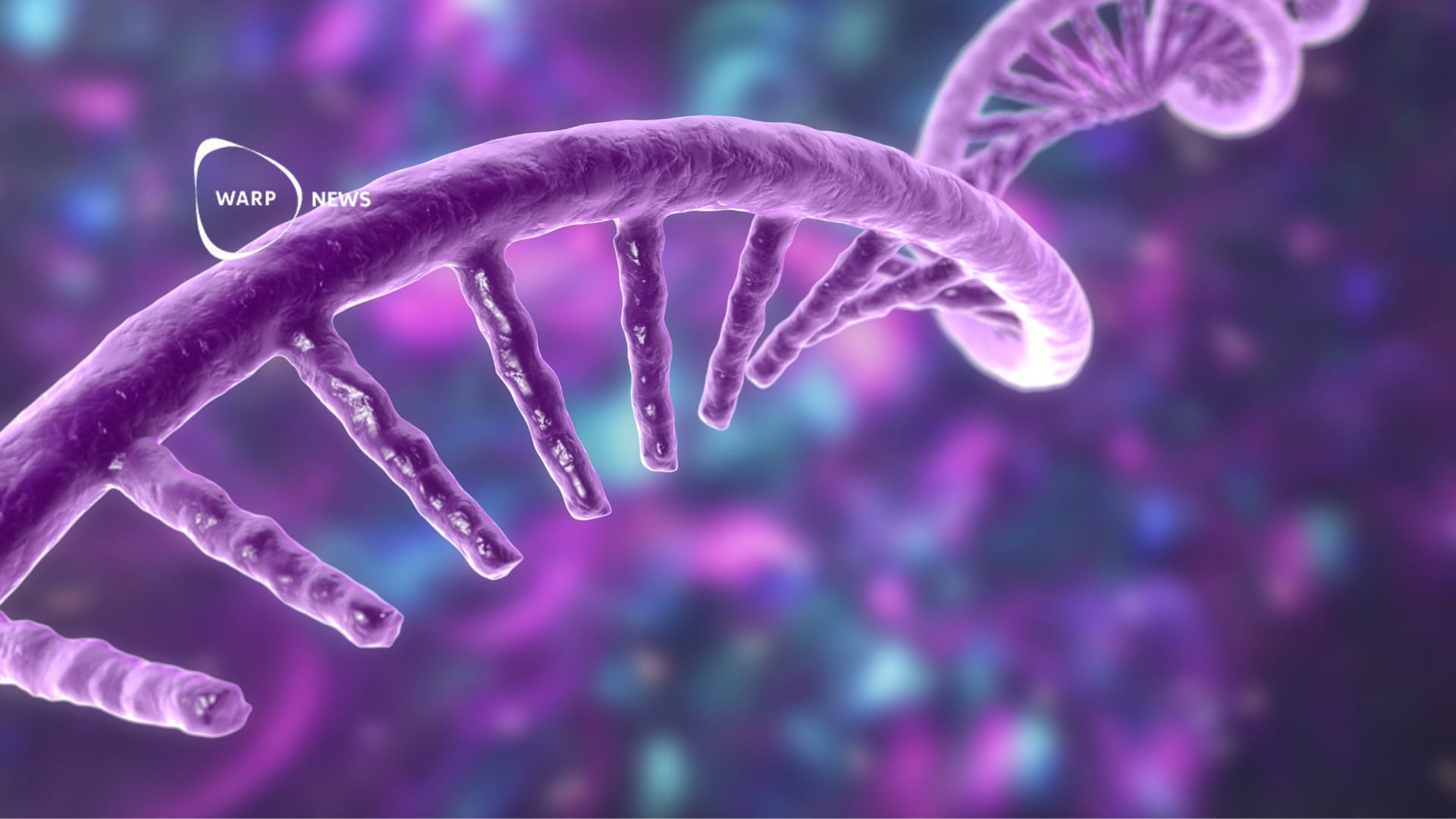
🌡️ Revolutionary room-temperature superconductor paves way for efficient energy grids and high-speed transportation
Scientists achieve a groundbreaking breakthrough in room temperature superconductivity, opening the door for the development of ultra-efficient energy grids.
Share this story!
Scientists at the University of Rochester claim to have developed a material that can achieve superconductivity at room temperature and under relatively low pressure.
"If this is correct, it’s completely revolutionary," says James Hamlin, a physicist at the University of Florida who was not involved with the research.
Unlocking new possibilities for energy and transportation
Room temperature superconductivity could lead to hyperefficient electricity grids, computer chips, and ultrapowerful magnets for levitating trains and fusion power.
Nitrogen-doped lutetium-hydride: A game-changing material
The new material, nitrogen-doped lutetium-hydride (LNH), was created by the research team led by physicist Ranga Dias. The material demonstrates a peak superconducting temperature of 294 K at pressures of 1 gigapascal, which is considered room temperature. Magnetic measurements also confirmed the sample repelled an externally applied magnetic field, a characteristic of superconductors.

Challenging conventional theories of superconductivity
The discovery has raised questions among some experts, as it contradicts conventional theories of superconductivity. The research team suggests that the presence of nitrogen in the material forms a cagelike structure that stiffens the rest of the lattice, enabling superconductivity to occur at lower pressure.
Impressive results garner support
Ashkan Salamat, a physicist at the University of Nevada and one of the study's senior authors, says the paper is the most detailed study of a hydride ever, and other researchers are impressed.
"It looks believable," says Alexander Goncharov, a physicist at the Carnegie Institution for Science.

Addressing skepticism and encouraging reproducibility
However, some physicists are skeptical given the research group's previous controversial claim, which was retracted. Mikhail Eremets, a physicist at the Max Planck Institute for Chemistry, suggests that the researchers should do everything they can to help other groups reproduce the results.
Salamat states that the raw data are available online and the paper provides a detailed recipe for creating the material.
Read more at Science:

By becoming a premium supporter, you help in the creation and sharing of fact-based optimistic news all over the world.



